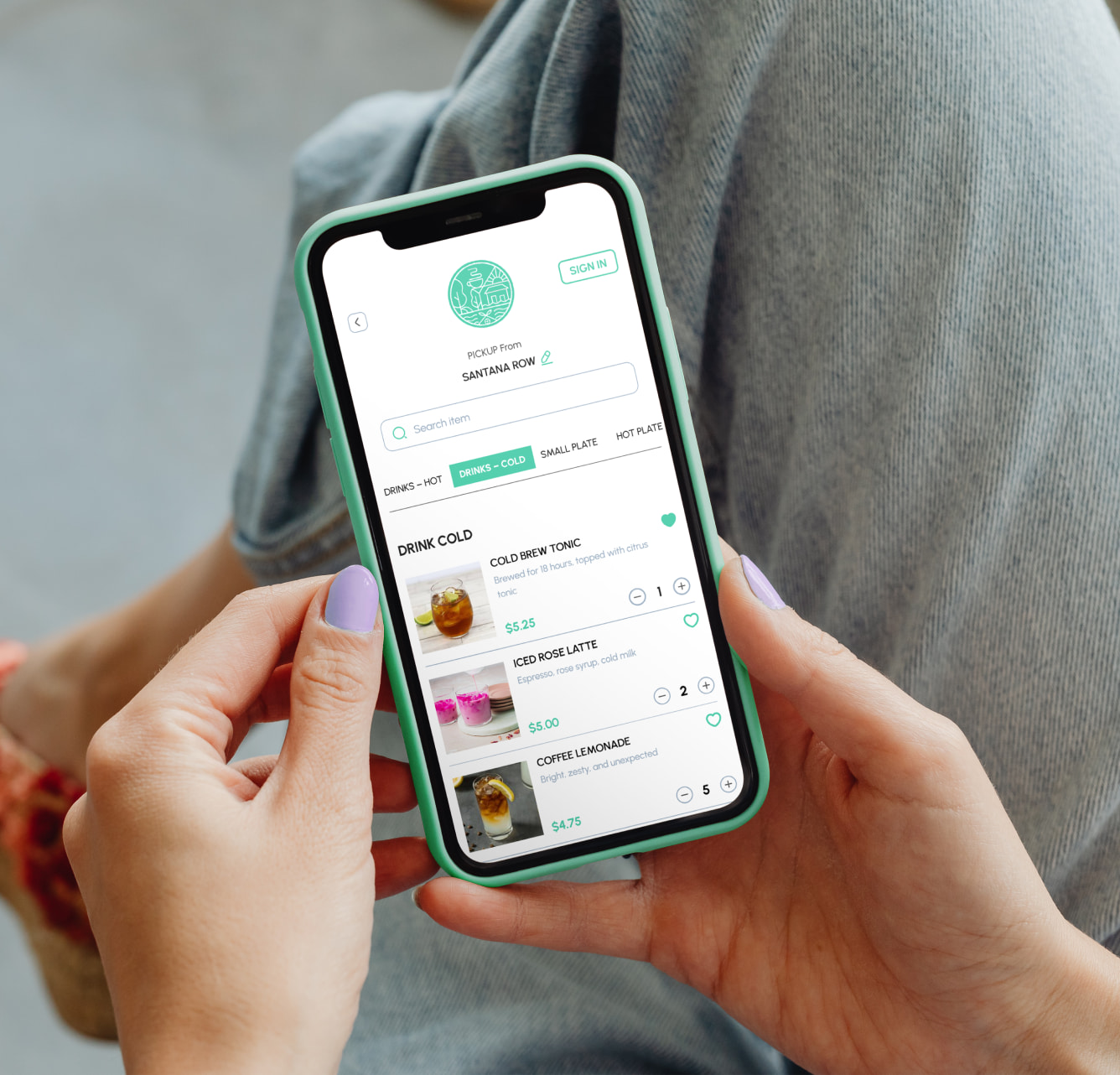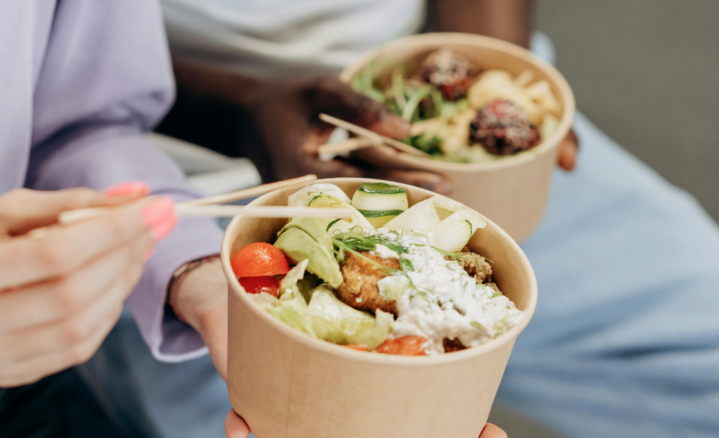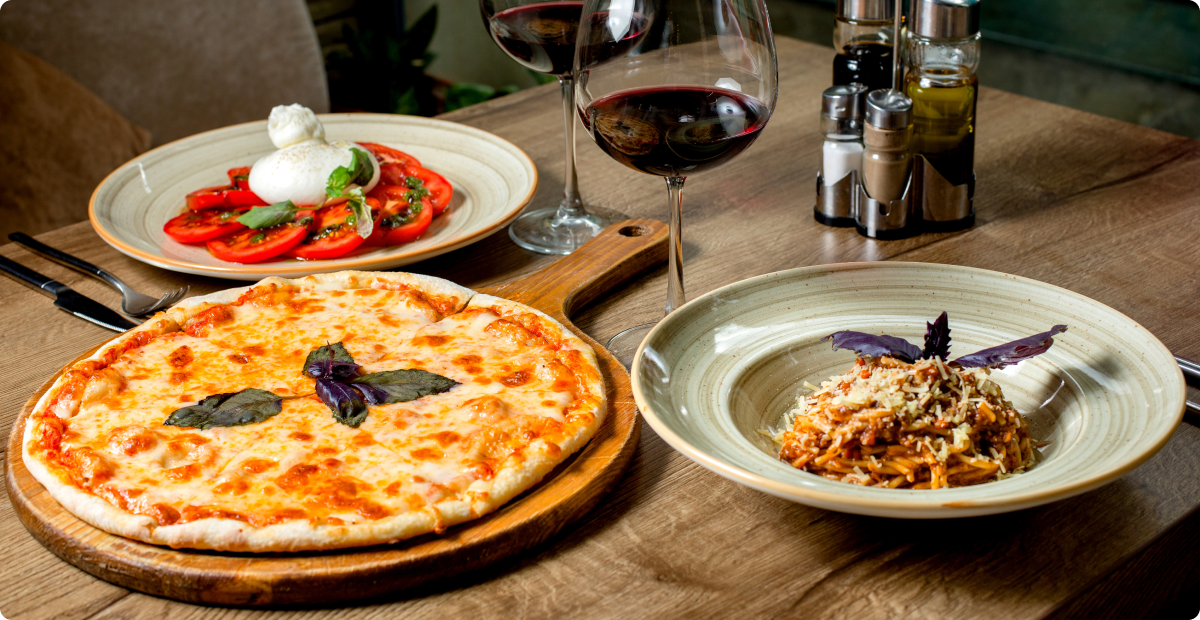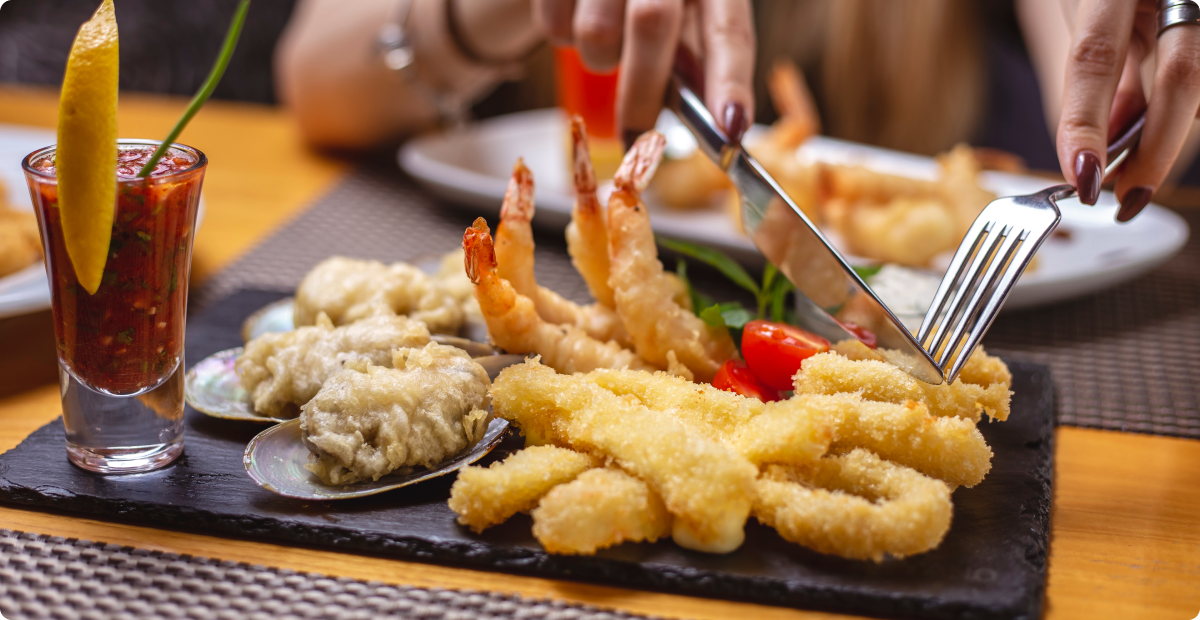Key Takeaways
“I’m Lovin’ It”, “We have the meats”, “Have it your way” - Did they ring a bell! Of course, they do, these popular slogans of world-renowned restaurant chains have become an epitome of effective corporate identity and people all over the world, not only recognize them but recite them with fervor and enthusiasm. But it took them a lot of years before these slogans became household jargons.
Your restaurant name and its logo are much more than just visual appearance. It reflects the culture, value, and communication that you wish to bring on the table to your guests. Perhaps establishing a compelling identity for a restaurant business might not come easy to most owners given the time and dedication it requires. But the truth is - “You can have the best food with all the ingredients, but it’s as important to choose the right ingredients when setting up your restaurant corporate identity”, says Bharti Batra, Founder Restolabs.
What is Corporate Identity?
Corporate Identity can be anything visual related to the company – logo, colour theme, tagline of the business, font used, etc. A strong corporate identity is important for every business as it helps in the interaction between the customers and the company. It helps people understand the business and link it to their identity. For example, the corporate identity of leading restaurant chains such as McDonald's, Burger King, Chipotle etc. speak values about their products and services to their customers. Similarly, your restaurant’s corporate identity should tell your customers who you are, what’s your mission and vision and what are your core values. From the name you choose to the logo and the color palette, every component of the brand should reflect the soul of your business that your guests can resonate with, and most importantly, feel proud of it.
So how do you create compelling, engaging and an effective corporate identity for your restaurant brand? Where to start? These steps should help you develop a visual appearance for your brand that reflects the true essence of your brand’s' personality and culture.
How to build an effective corporate identity for your restaurant
Plan your restaurant concept
Create a document that talks about the concept on which you would like to build your restaurant. What would be the theme of the restaurant? What cuisine would you like to serve to your guests? How would you like to present your brand to the outside world? Is it going to be an authentic, traditional experience, or a contemporary one? Note down all of these points before you decide on branding details such as logo, website, color, typography, staff uniform, interior design etc.
Think Future
Once you have the concept in detail, think about your future plans. Where do you see your brand not five, but ten years down the lane? Define your goals and target market. You need to have a clear vision of what you want for your company in the future. The brand identity you build for your restaurant today should be relevant in the future and direct your goals.
Strategize and be different
Identity building is one half of the maze. It’s important to connect and engage with your audience for the brand identity to reach out to them. See what your competitors are doing and get inspired. Never try something that’s been already tried by someone since it may work or completely hit you against the wall. Do a periodic review of your strategies to see what’s working well. If something’s not right, be ready to accept change. During this process, you’ll be required to revisit crucial things such as the mission statement of the company, purpose, values, as well as brand positioning.
Create a style guide
This is where you start transforming your vision into reality. Start developing your brand identity that reflects your company's culture, values, and vision in all design elements. From your offline identity to an online one, make sure the communication is consistent through all platforms. Everything should match in order to convey a strong brand identity. The overall visual appearance should not just produce positive feelings in your customers but also encourage them to interact with your brand on a regular basis.
Promote your identity everywhere
A good approach for promoting and marketing a restaurant brand is to engage in strategies that enamor guests to come back time and time again. If you don't have much budget to spend on marketing, start with creating a strong online presence with vibrant content. Create stories that can create buzz on social media, a platform that you can leverage for free. Spreading your brand in the online space requires a blend of creativity and technology know-how, especially with a local market. Take into account the interest of your local audience and hyper-target your online content. Facebook ads and boosted posts are also useful to get your brand in front of people in a specific geographical area.
For those who are open to traditional advertising, hosting local events with local influencers is your best bet to have your customers feel connecting with your restaurant the moment they discover about it.
Find your Voice
Every new restaurant needs to do this. Your voice defines your present, your future and everything that comes in between. Creating a foundation that's aligned with your ultimate goals translates into exemplary guest experience. The rule to "Find your voice" that's consistent with your vision is to believe that EVERYTHING MATTERS. Every element that you relates to your brand should maintain a clear and consistent brand message. Some important touch points of your brand are:
Name and Logo: The inspiration for brand name and logo can be drawn from the concept of the restaurant. The name should tell a story that's unique to your brand and its purpose. Elements like typography, length of the name, pronunciation and logo image all have a prominent impact on your customers. Before you finalize these elements, you would need to find the true voice for the brand that could be anything from casual to formal, or traditional.
Menu: Your menu is the first thing that your customers would be interested in. The menu format, list of ingredients, and prices must be structured in a way that makes it easy for people to make a choice. A lot of dishes scattered around the pages can create confusions that can negatively impact the average order value.
Staff Uniforms: Your staff reflects your brand, and what they wear should not just be sophisticated, but also impactful. For fine dining concepts, purchasing inexpensive uniforms and poorly tailored suits will negatively impact the brand's perception. If your service style requires your staff to interact with guests at the table, consider setting up high standards for their overall appearance.
Website: In today's era, having an interactive and user-friendly website is a must for every brand. Most people will first visit your website before visiting your restaurant, so the first impression that someone gets from looking at your website's landing page should match the one they get when they walk in your front door. It may be tough to have a lifelong customer from a website alone, but you can certainly lose one if you have a poorly maintained website. Don't look for cheaper options when getting a website built. Employ the help of professionals who can provide custom solutions to match your brand's personality.
Start Small, But Start!
Most startup owners and small restaurant owners live with a notion that brand identity is something that only big corporations venture into. But if your restaurant - whether big or small, has a name, a logo and social media presence, then you already have a corporate identity, which might just need a bit of tweaking to turn into a powerful tool for success. The idea is to go beyond the obvious and not just aim for a visual appearance. Give your restaurant a personality that your customers can resonate with. Effectively engaging with your customers delivering a consistent message across platforms is key to establishing successful corporate brand identity in the long run.
Find a professional to lead the process. If you have absolutely no experience with brand development, hiring a professional who can manage the whole process would be ideal. Taking the lead from the experts that have devoted a ton of resources and time to develop brands is a great way to give your brand a headstart in the thriving competition. Don't know how begin? Give us a call today and our marketing experts will help you achieve your goal.
Frequently Asked Questions


.gif)
.png)


.png)




